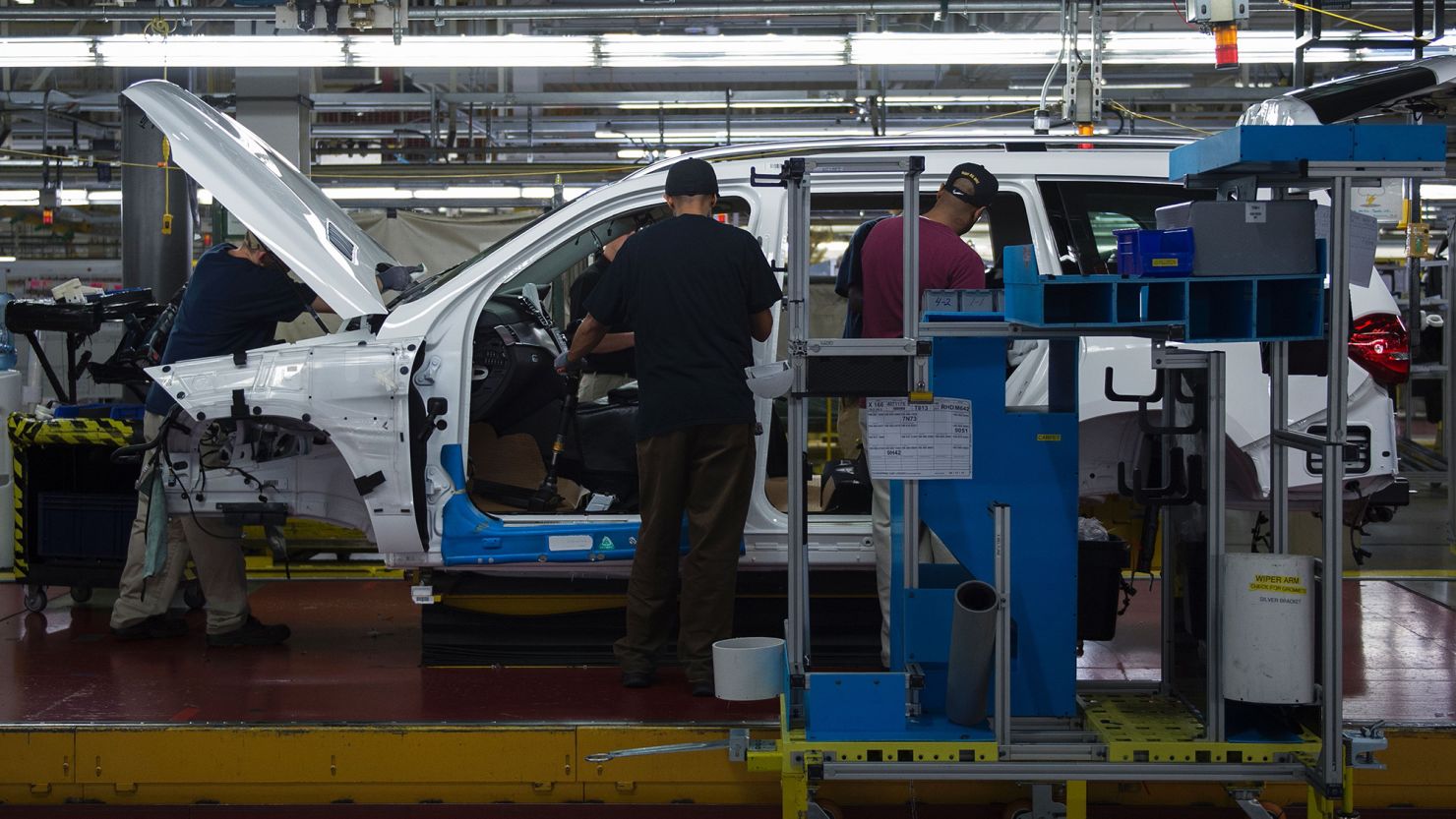The United Auto Workers union’s effort to organize the American plants of foreign automakers just took a major step forward as the UAW filed for a representation election for the Mercedes plant in Alabama. It’s the second automaker at which the union is seeking for an election in just the last few weeks.
In March, the union filed for a vote at the Volkswagen plant in Chattanooga, Tennessee. But while that VW plant has had two votes before this, the Mercedes plant has never reached the threshold of union support that resulted in an election being held. And this is also the first time that the UAW has ever had near-simultaneous votes taking place.
Previous efforts to organize nonunion plants have come years apart.
An election at the Mercedes plant has yet to be confirmed by the National Labor Relations Board, which oversees such votes, let alone scheduled. But the vote at the VW Chattanooga plant is set to take place from April 17 to 19.
“[Mercedes-Benz US International] fully respects our Team Members’ choice whether to unionize and we look forward to participating in the election process to ensure every Team Member has a chance to cast their own secret-ballot vote, as well as having access to the information necessary to make an informed choice,” a spokesperson for the company said in a statement.
The UAW announced an effort to organize workers at 13 carmakers with American factories back in November in the wake of successful contract negotiations that ended strikes at the nation’s three unionized automakers, General Motors, Ford and Stellantis. That includes three US-based electric vehicle makers - Tesla, Rivian and Lucid - as well as eight other foreign automakers beyond VW and Mercedes - BMW, Honda, Hyundai, Mazda, Nissan, Subaru, Toyota, and Volvo.
Those automakers have nearly 150,000 hourly workers at their US plants, according to estimates from the union, or roughly the same as the number of US hourly workers at GM, Ford and Stellantis. The Mercedes plant in Vance, Alabama, just outside of Tuscaloosa, has about 6,000 hourly workers, according to the company’s web site, and primarily assembles SUVs.
Winning the right to represent all those workers would be a huge gain for the union’s membership numbers and bargaining clout after decades of shrinking membership. The union had 370,000 members in 2023, according to a union filing, down more than 300,000 members, or 45% of its membership, in the last 20 years.
The decline is due to a combination of decades of plant closings and automation at the unionized plants, combined with a lack of organizing drives that had characterized the first half of the 20th century. The plant closings came as the unionized automakers have shifted some production to Mexico, but mostly from the loss of market share to the nonunion automakers. In 1999, data from Edmunds shows the traditional Big Three had total US sales of 11.5 million vehicles and 68% of the market. By last year, that had fallen by nearly half to 6.1 million vehicles, leaving them with only about 40% of US sales.
But by waging an unprecedented strike against all three unionized automakers last year, the union won an immediate pay increase of at least 11% for its members, and pay hikes expected to total more than 30% of the four-and-half year life of the contract.
Several of the nonunion automakers, including Toyota, Honda, Hyundai and Subaru, have confirmed their own pay raises since the UAW contracts were reached to end a six-week strike at the three unionized automakers. The union is calling those raises the “UAW bump,” and is using the contract gains as a central part of its organizing efforts.
But winning an organizing vote will be difficult. Many of the nonunion auto plants are in southern states like Tennessee and Alabama where support for unions is generally low.
While the UAW has filed for a vote at Mercedes’ Alabama plant, it has yet to file for a vote at its plant in Charleston, South Carolina. A high-profile union organizing vote at an Amazon warehouse in nearby Bessemer, Alabama was defeated in a close vote in 2021.
And management of the non-union automakers is likely to fight union organizing efforts. The UAW has already filed unfair labor practice complaints against Mercedes with the National Labor Relations Board alleging that union supporters were illegally disciplined or fired for their support of the union.









